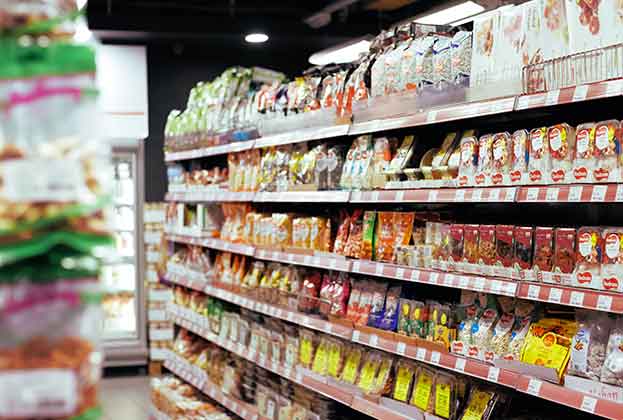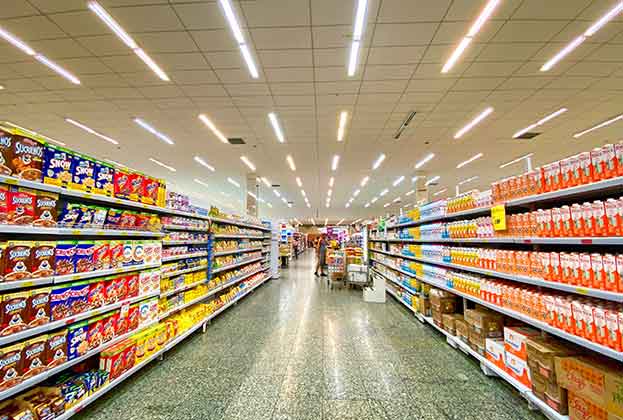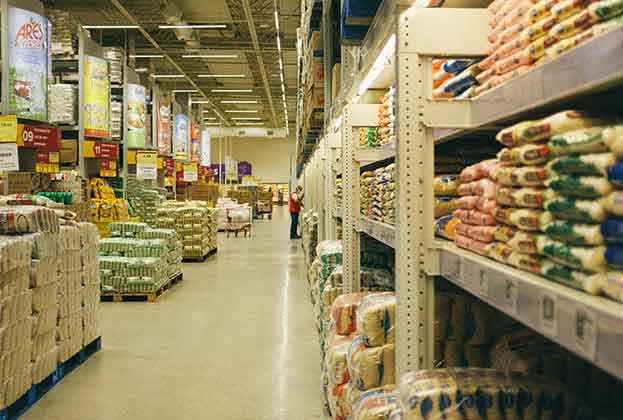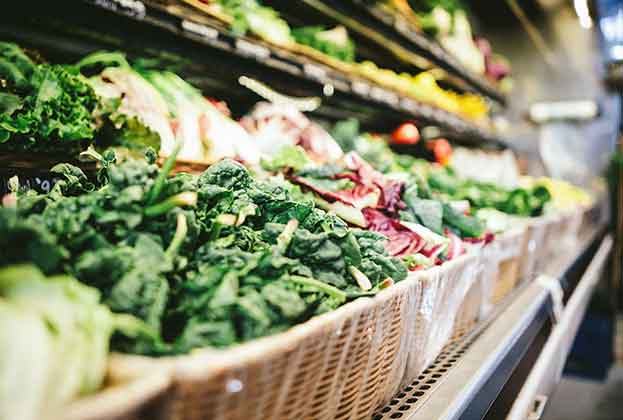With a significant pandemic-related improvement in trading results across all major foodstore operators, there has perhaps surprisingly been little acquisition activity from the top 10 retailer operators
The consumption behaviour of private households in Germany changed significantly in 2020 due to the pandemic. As reported by the Federal Statistical Office, private household consumption expenditure in 2020 fell by 4.6% in current prices and by 5.0% in price-adjusted terms, compared to the previous year. This was the strongest decline since 1970. This development differs from the financial and economic crisis of 2008/09, when private consumption was less affected and thus had a stabilising effect on the German economy.
Contrary to the general decline in private consumer spending, private households in Germany spent 6.3% more on food and beverages in 2020 compared to 2019 (in current prices). The reasons for this are the same we have seen elsewhere in Europe – more work was done from home, stock was bought, and less was eaten out due to the lockdown in the hospitality industry.
As a result, the top 10 German foodstore operators have seen some of the best results in performance proportionally. Both overall sales and food and grocery sales in isolation have seen YoY improvements of between 6% and 12%. In Germany, all but two retailer operators offer online food and grocery sales to their consumers (including Lidl, who typically don’t have an online offer outside of their domestic market). German operators have collectively seen the biggest increase in online food and grocery performance also, with a spread of only 14.3% between the smallest growth, Netto Marken at 59.0%, and the largest, Real at 73.3%.
Despite this performance, most brands have chosen to err on the side of caution amidst the pandemic and not increase the size of their portfolios by any significant degree. Aldi has been the most active, adding 20 stores since 2019. Edeka, however, has done the opposite and reduced their liability by 110 stores in the last 12 months.
Read the articles within Spotlight: European Food and Groceries Sector below.
.jpg)







